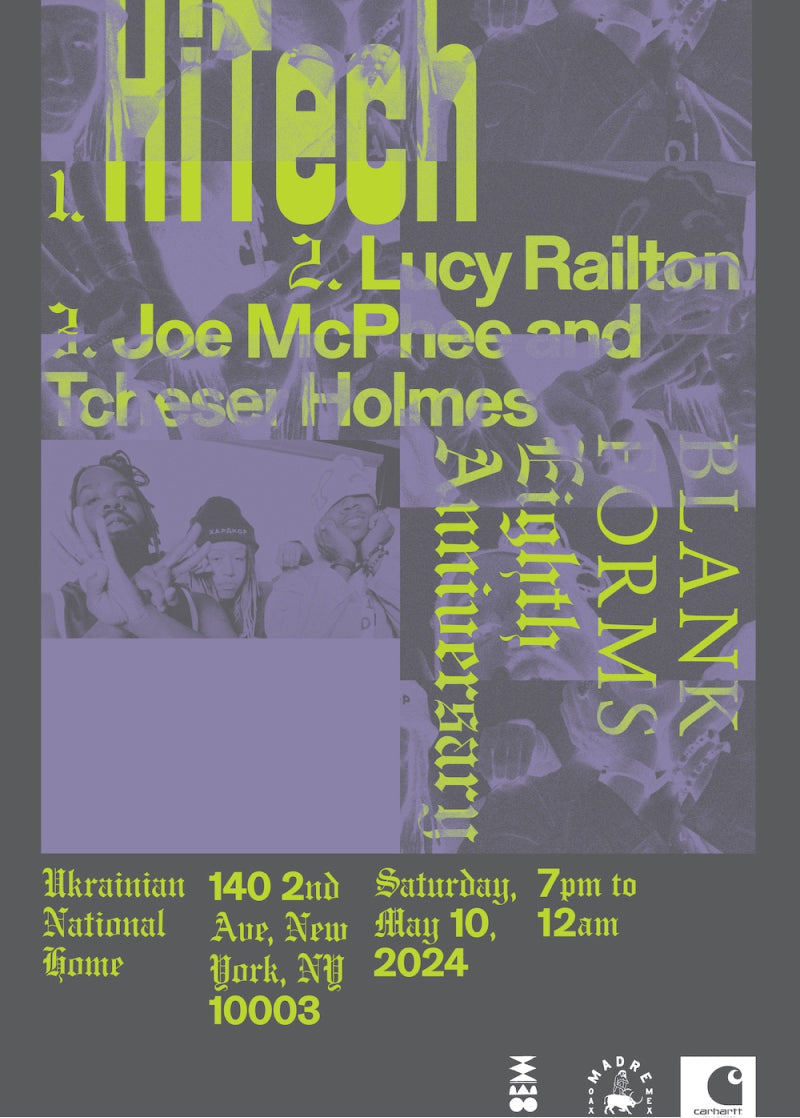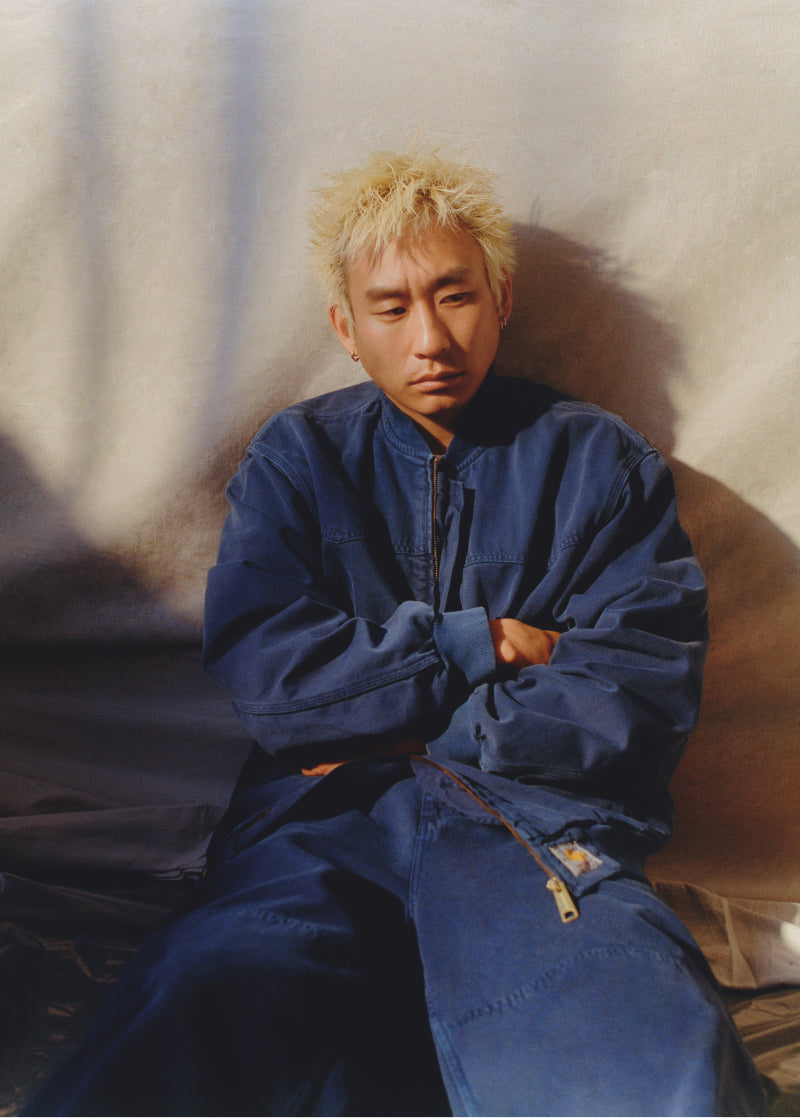BlackMass Publishing

Yusuf Hassan and Kwamé Sorrell discuss their publishing practice BlackMass Publishing, drawing parallels between J Dilla’s creative process and their own, and the making of their ever-evolving print project tse-tse.


Four Fold is a publication which looks at the work/life balance of BlackMass Publishing. All photos taken by Yusuf Hassan and Kwamé Sorrell.
If jazz is commonly presented as an authentic expression of Black identity, Yusuf Hassan and Kwamé Sorrell have managed to apply this form of language to their publishing practice BlackMass Publishing. Through their work, we witness the sublimation of a popular medium of expression – the zine – and a new approach to exploring its materiality, formatting, and content.
Project BlackMass was a book project initiated in 2019 by Hassan, combining his own work with that of several Black artists, including Arthur Jafa and the poet Ted Joans. As its name suggests, the imprint is an invocation of a multitude of voices and expressions that define Blackness through the printed medium. This in turn led to the creation of the seminal book tse-tse by Hassan in collaboration with Sorrell, who is also an artist. Hassan and Sorrel consider tse-tse to be in constant flux, a never-ending project that evolves with each edition. “During the process of making this document, my music was usually a shuffle of jazz music,” notes Hassan. “That’s how I wanted to approach this book of images; it’s like free jazz through the representation of photographic images as language and sound.” The book features a collection of images that respond to each other, and in an order that changes with each new edition to deliver an ever-changing narrative composition, which aims to capture some sense of the Black zeitgeist. BlackMass Publishing’s books have since been included in the permanent collections of the Schomburg Center for Research in Black Culture in Harlem, and the Thomas J. Watson Library at The MET. While this ensures that its archives are preserved for posterity, BlackMass Publishing seems to exist in a state of perpetual sampling and revision that’s perhaps at odds with collection inclusion. It’s a process that can feel parallel to that of J Dilla, the prolific Detroit producer, whose revered work Donuts was largely created while laid up in a hospital bed in the year prior to his passing. The following discussion brings Hassan and Sorrell together to talk about their practice, the influence of music on their work, and improvisation within print.
Words: Martin Sigler
Images: D’Andre Williams

Kwamé Sorrell: I like the fact that you see J Dilla’s practice and yours as one and the same. For me, the way you make zines is very similar to how he would make beats. He would just constantly be making beats – digging, pulling different information, putting it together, making something new out of it. He would make beats with people, for people. But above all, he lived to make beats, right up until he died.
Yusuf Hassan: J Dilla also worked at a very fast pace. Most of the time, when you pull in references, their message can be lost in the process. When I’m working, I still allow them to maintain their integrity. J Dilla also operated in this way. When he was digging in record stores, finding vinyls, chopping them up, ripping out the interior; the foundation on which that record was created still exists – only under a new lens. And I think that’s a raw, beautiful way to work. It allows for real freedom. Sometimes I think, as artists, it’s extremely difficult to find freedom in your work.
KS: Especially when working with certain mediums, such as a book, which is such a fixed form. I always say that it’s interesting to work in a free way, with a form that’s so fixed.
YH: Also, books have this very beautiful way of operating because they are universal. They hold a certain level of depth. The zine, particularly, is this real universal language that I continue to hold on to because it’s not a very stiff way of working, it’s very approachable and easy to read.
KS: It’s also something you can do on your own. You don’t really need someone to work with. It’s the same with Dilla. Back then, he would make music with people, but also on his own. Music is something you can literally just do in your house by yourself. Constantly, as much as you want, whenever you want.

Kwamé Sorrell: I like the fact that you see J Dilla’s practice and yours as one and the same. For me, the way you make zines is very similar to how he would make beats. He would just constantly be making beats – digging, pulling different information, putting it together, making something new out of it. He would make beats with people, for people. But above all, he lived to make beats, right up until he died.
Yusuf Hassan: J Dilla also worked at a very fast pace. Most of the time, when you pull in references, their message can be lost in the process. When I’m working, I still allow them to maintain their integrity. J Dilla also operated in this way. When he was digging in record stores, finding vinyls, chopping them up, ripping out the interior; the foundation on which that record was created still exists – only under a new lens. And I think that’s a raw, beautiful way to work. It allows for real freedom. Sometimes I think, as artists, it’s extremely difficult to find freedom in your work.
KS: Especially when working with certain mediums, such as a book, which is such a fixed form. I always say that it’s interesting to work in a free way, with a form that’s so fixed.
YH: Also, books have this very beautiful way of operating because they are universal. They hold a certain level of depth. The zine, particularly, is this real universal language that I continue to hold on to because it’s not a very stiff way of working, it’s very approachable and easy to read.
KS: It’s also something you can do on your own. You don’t really need someone to work with. It’s the same with Dilla. Back then, he would make music with people, but also on his own. Music is something you can literally just do in your house by yourself. Constantly, as much as you want, whenever you want.

WIP magazine issue 08 is now available from Carhartt WIP stores and our online shop.



